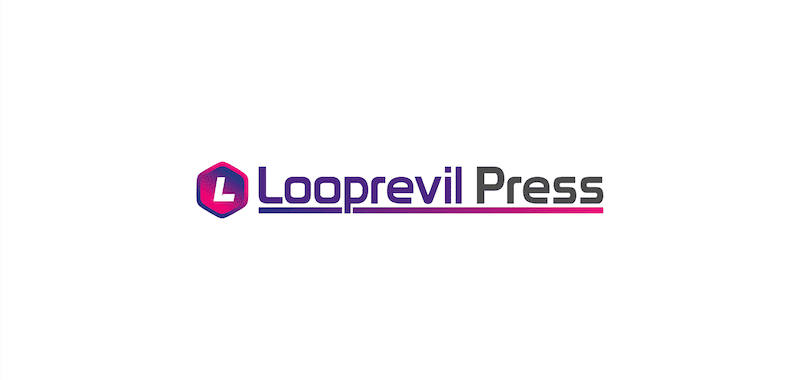Battery electric vehicles emerged as the fastest-selling vehicles in November, with an average time-to-sale of just 33 days, according to analysis by Cap HPI.
This outpaced the overall market, where the average time-to-sale across all vehicle types remained steady at 40 days.
Performance varied by fuel type, with diesel vehicles taking the longest to sell at 42 days. Plug-in Hybrid Electric Vehicles (PHEVs) averaged 41 days, petrol cars 39 days, and Hybrid Electric Vehicles (HEVs) 37 days.
BEVs aged three to five years old proved particularly popular, averaging just 25.5 days to sell – a significant improvement compared to petrol cars in the same age bracket, which averaged 36 days. These BEVs, often priced below £18,000, are appealing to consumers seeking value for money.
Chris Plumb, head of current car valuation at cap hpi, highlighted the increasing appeal of used BEVs: “As the used car market for battery electric vehicles continues to mature, it is encouraging to see that many of the key performance indicators for this fuel type, especially in the important retail age band of three to five years, are positive.
“As we have highlighted, BEVs within this age band now represent exceptional value for money. When factoring in the total cost of ownership (TCO) savings and the remaining battery warranty, they present a compelling offer to used car buyers.”
Feedback from Cap HPI’s retail partners reflected a resilient used car market in November. Most dealers reported steady trading conditions, with some noting stronger-than-expected demand. Seasonal factors influenced market performance, with retailers exercising caution in managing stock levels, minimizing the need for price cuts. Retail prices showed minimal reductions, mainly limited to older inventory.
Plumb concluded: “November presented challenges for the used car retail sector as half-term holidays, the Autumn Budget announcement, and a key court ruling on undisclosed commission payments created uncertainty. While the Autumn Budget initially raised concerns about consumer behaviour, its immediate impact was minimal.
“However, retailers face rising operating costs in 2025, including increased National Insurance contributions and a higher National Living Wage, prompting businesses to reevaluate their strategies and workforce planning to mitigate potential profit margin pressures.”

